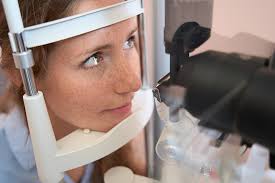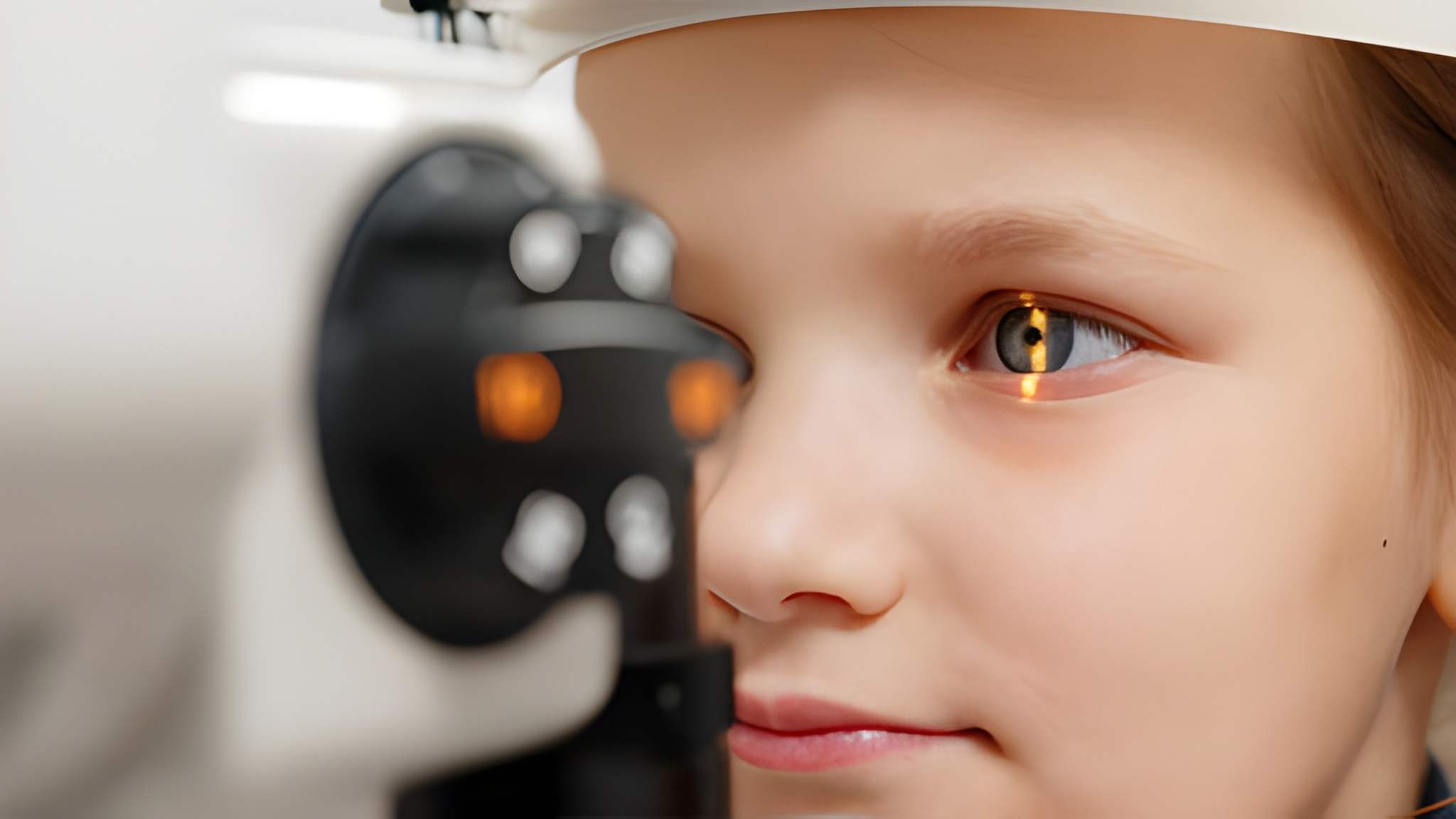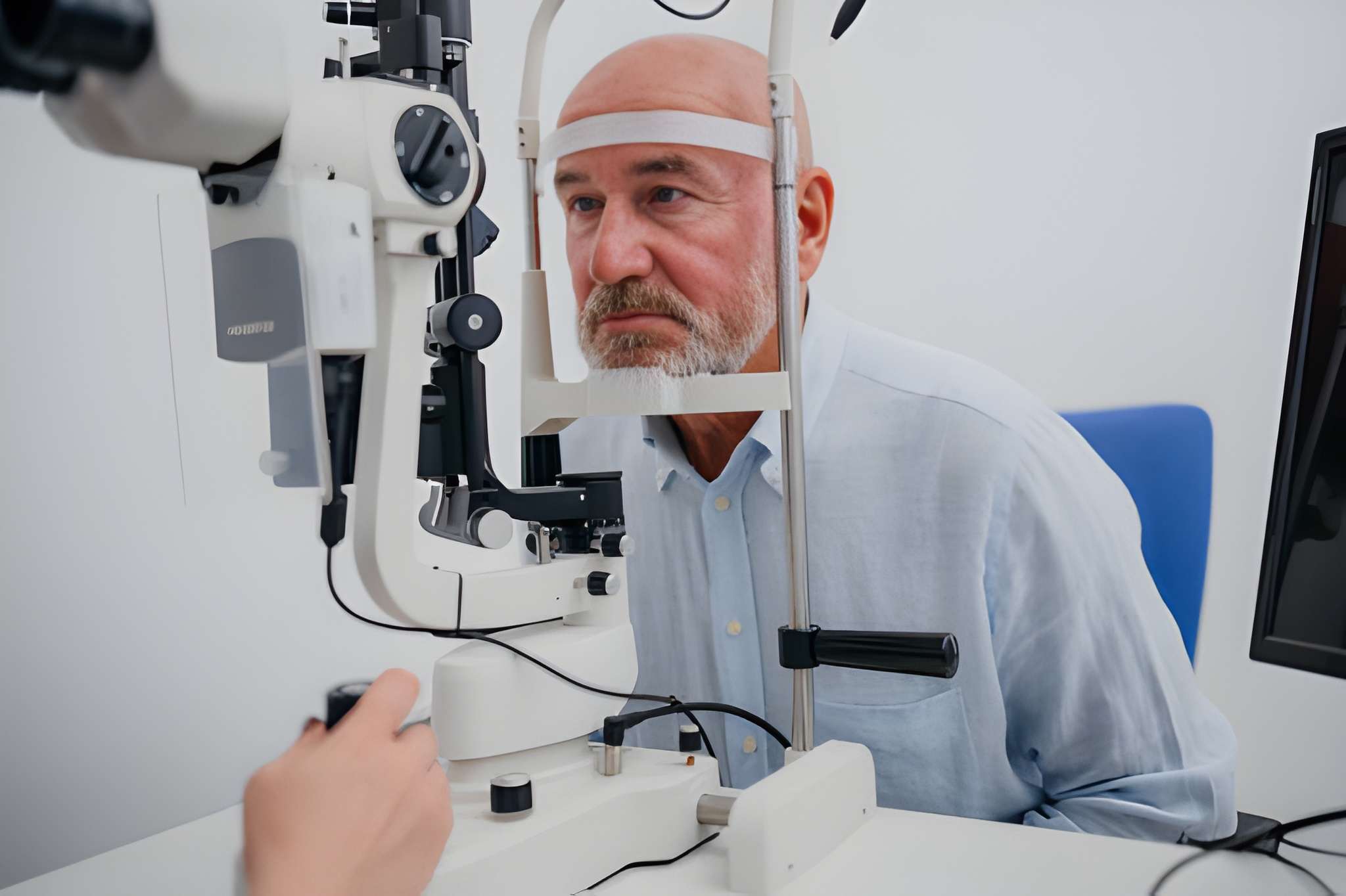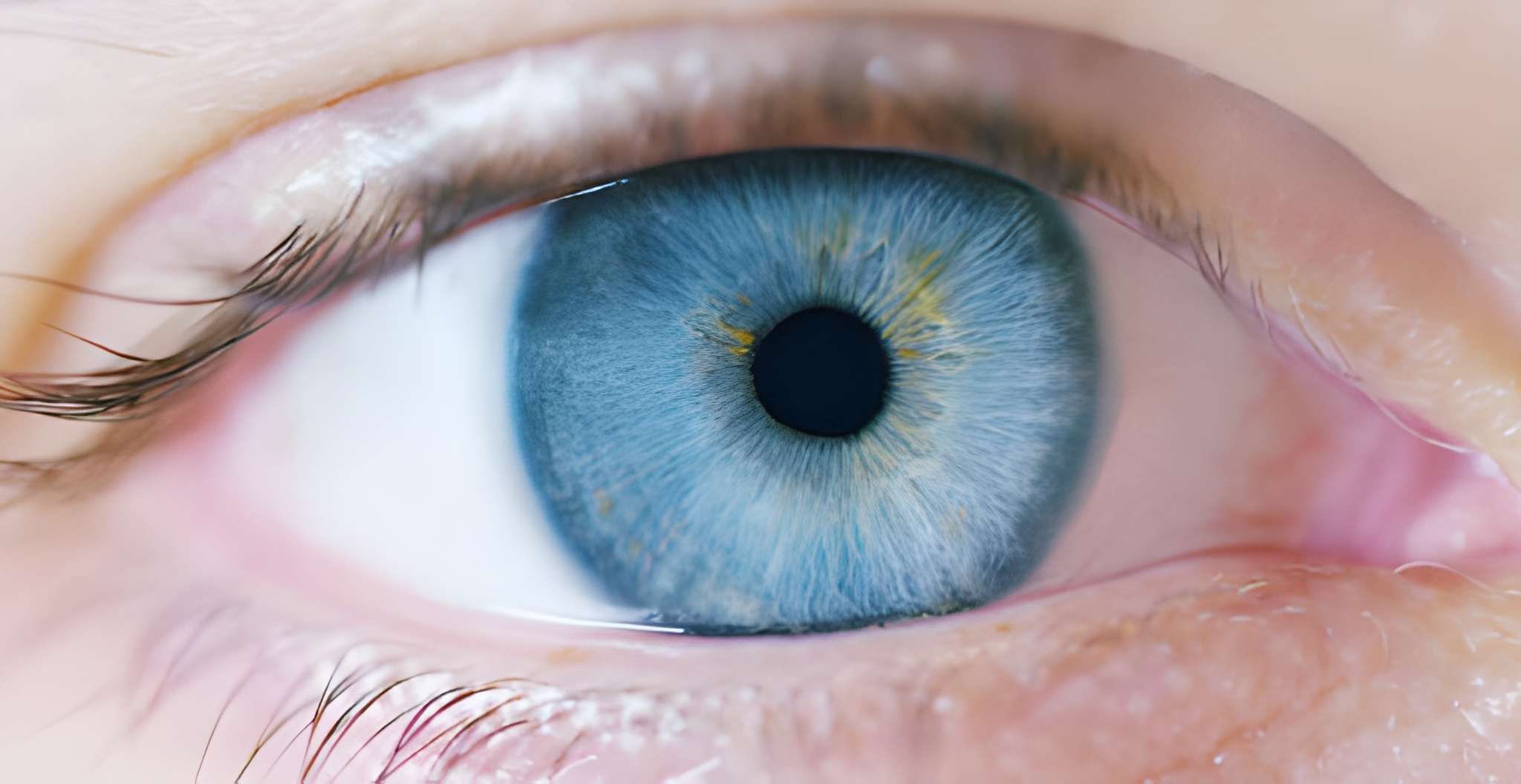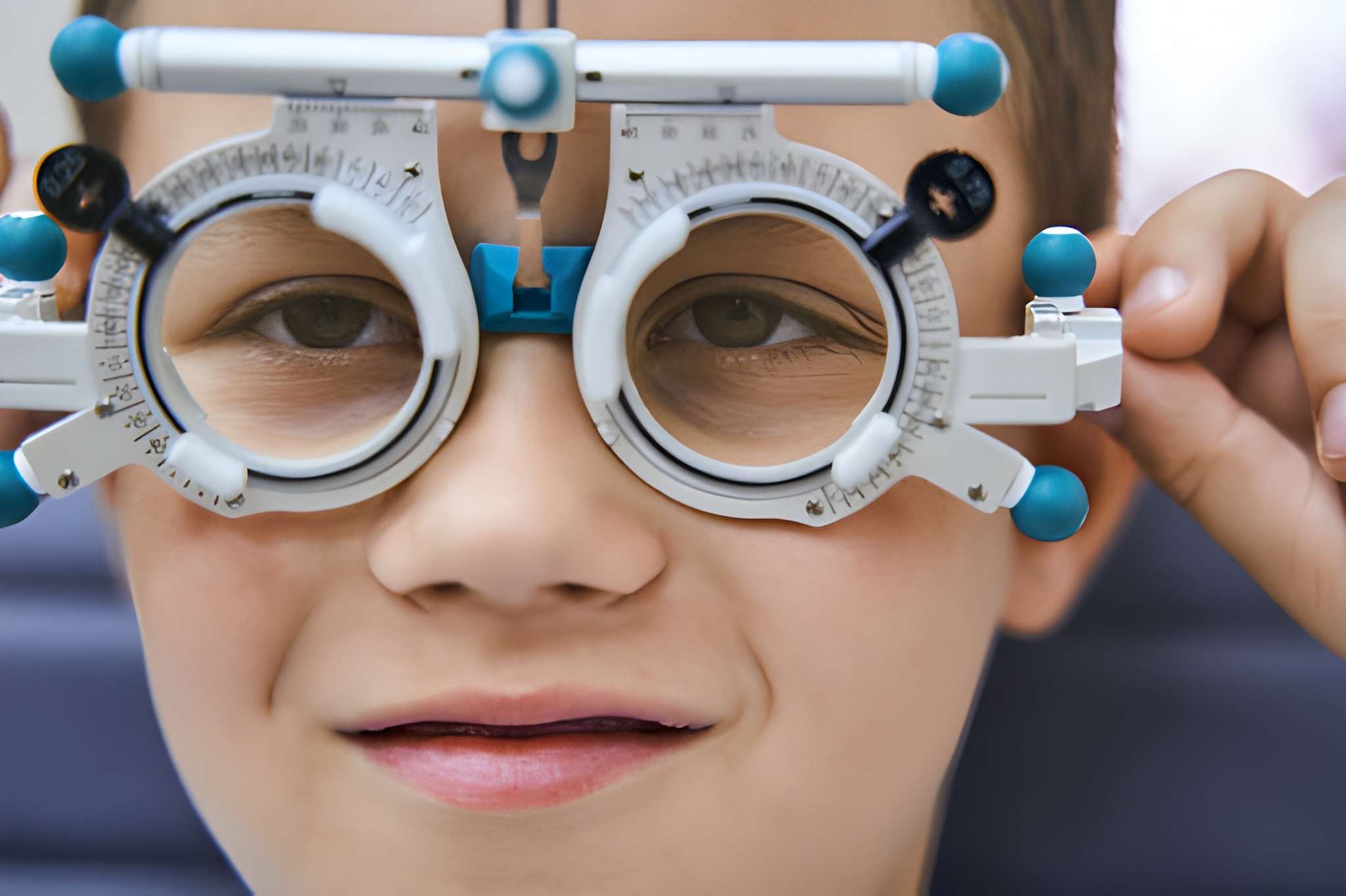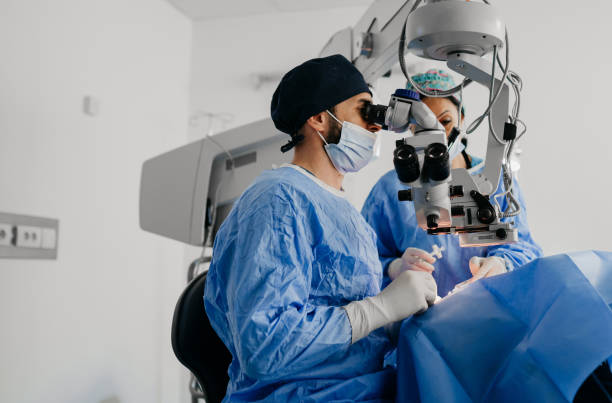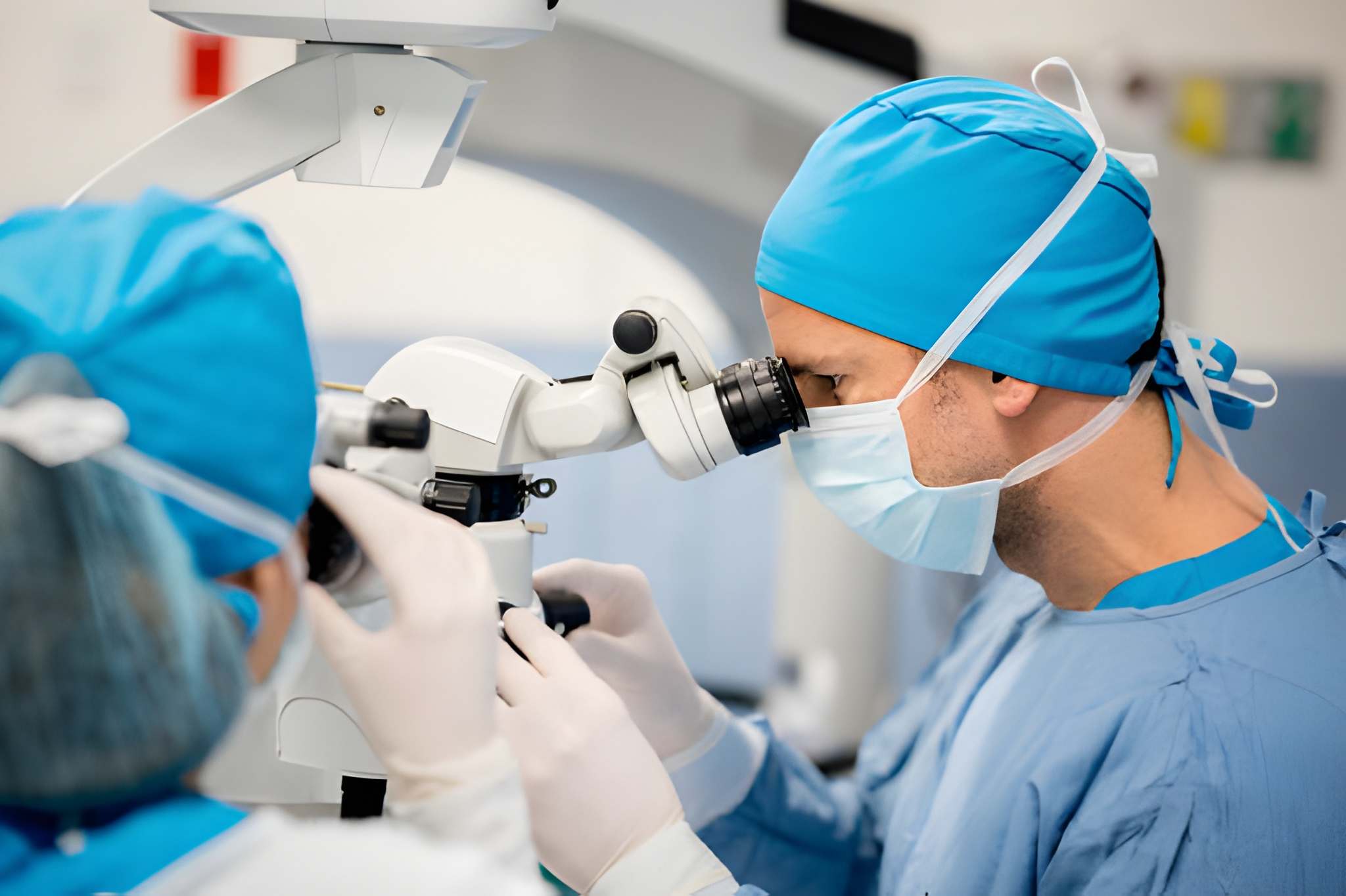Diabetic retinopathy is one of the most common complications of diabetes. It occurs when high blood sugar levels damage the ecran retina (the screen-like layer at the back of the eye). Without proper care, it can lead to serious vision loss or even blindness.
At Dr Qasim Qasem, we know how important your vision is. Our approach focuses on accurate diagnosis, advanced treatments, and prevention.
Let’s explore how we, as top retina specialists treat diabetic retinopathy and protect your vision.
What Is Diabetic Retinopathy?
Diabetic retinopathy develops when high blood sugar damages the tiny blood vessels in the retina. These vessels can leak fluid or blood and then disrupt the sensitive layers of retina. Symptoms may include:
- Blurry vision.
- Dark spots.
- Even sudden vision loss.
This condition progresses in stages. Early detection is crucial because treatment is most effective before the damage worsens.
Types of Diabetic Retinopathy
There are two types of diabetic retinopathy:
Non-Proliferative Diabetic Retinopathy (NPDR)
In NPDR, the damaged blood vessels leak fluid into the ecran retina. It causes swelling which is called macular oedema. Symptoms include:
- Blurry central vision.
- Partial loss of your field of vision.
This type can progress silently that’s why regular check-ups are essential.
Proliferative Diabetic Retinopathy (PDR)
In PDR, abnormal blood vessels form on the retina. These sensitive vessels may bleed and cause extreme vision problems or even blindness. Other complications include:
- Retinal detachment due to scarring.
- Blockage of fluid drainage, leading to neovascular glaucoma.
If left untreated, these issues may result in eye pain after retinal detachment surgery or irreversible vision loss.
Our Diagnostic Approach
Early diagnosis is highly important. At Dr Qasim Qasem, we use advanced tools to evaluate diabetic retinopathy. These include:
- Optical Coherence Tomography (OCT): Helps in detailed cross-sectional images of the layers of retina.
- Fluorescein Angiography: It shows leaking or abnormal blood vessels during imaging.
- Fundus Photography: High-resolution images help us track changes over time.
These advanced technologies allow us to customise a treatment plan tailored to your needs.
How We Treat Diabetic Retinopathy?
Systemic Management
Prevention is always better than cure. Controlling blood sugar and blood pressure slows the disease. A healthy lifestyle, along with regular eye exams plays a significant role. However, when complications like macular oedema or new vessel growth occur then further treatment becomes necessary.
Anti-Vasogenic Treatments
One of the most effective treatments for diabetic retinopathy is anti-VEGF injections. These medications, such as Lucentis or Eylea help to block the protein responsible for abnormal blood vessel growth. They reduce swelling and correct vision. The procedure is quick and performed under local anaesthesia.
Laser Surgery
Laser photocoagulation is another common treatment. The laser seals leaking blood vessels and prevents the formation of new ones. At Dr Qasim Qasem, we use pattern scanning laser systems for accuracy and minimal discomfort. This treatment stabilises vision and reduces the risk of further damage.
Steroid Eye Implants
In severe cases of maculopathy, we offer steroid implants like Ozurdex. These release medication over time to control swelling. This option works well for patients who cannot tolerate injections or haven’t responded to other treatments.
Vitrectomy Surgery
For advanced cases, we decide on vitrectomy surgery. This procedure removes blood and scar tissue from the retina which often caused by PDR. It also repairs retinal detachment. At Dr Qasim Qasem, we use 3D visualisation systems for enhanced accuracy during surgery. Our goal is to improve your vision and minimise complications.
If you experience eye pain after retinal detachment surgery, don’t hesitate to contact us. Post-surgical care is just as important as the procedure itself.
Why Choose Dr Qasim Qasem?
As a leading retina specialist in Dubai, Dr Qasim Qasem treats your vision issues effectively and safely. Our team consists of various top retina specialists. From initial diagnosis to advanced treatments, we focus on providing top-tier care.
We use tools like OCT angiography and ultra-widefield imaging to ensure comprehensive care. With us, you’re not just a patient; you’re part of a trusted partnership for better eye health.
Schedule a Call Today!
Preventing Diabetic Retinopathy
Prevention is key to reducing the risk of diabetic retinopathy. Here’s what you can do:
- Monitor your blood sugar and blood pressure regularly.
- Follow a balanced diet and exercise routine.
- Schedule routine eye exams. Even if your vision feels fine.
- Report any vision changes, like blurriness or dark spots, immediately.
Working closely with our retina specialist in dubai ensures the best outcomes.
Conclusion
Diabetic retinopathy is a serious condition, but it doesn’t have to steal your vision. Early detection, advanced treatments, and preventive care are the best options. At Dr. Qasim Qasem, we offer tailored solutions to manage every stage of the disease.
Don’t wait until symptoms worsen. Reach out to us and let the top retina specialists in Dubai help you heal today!



